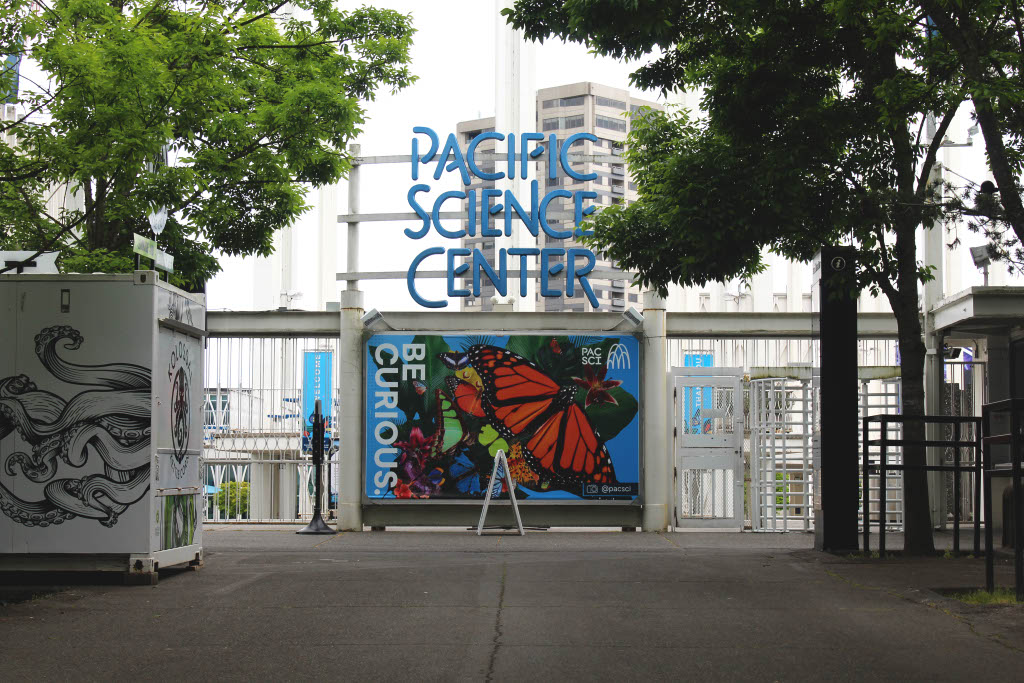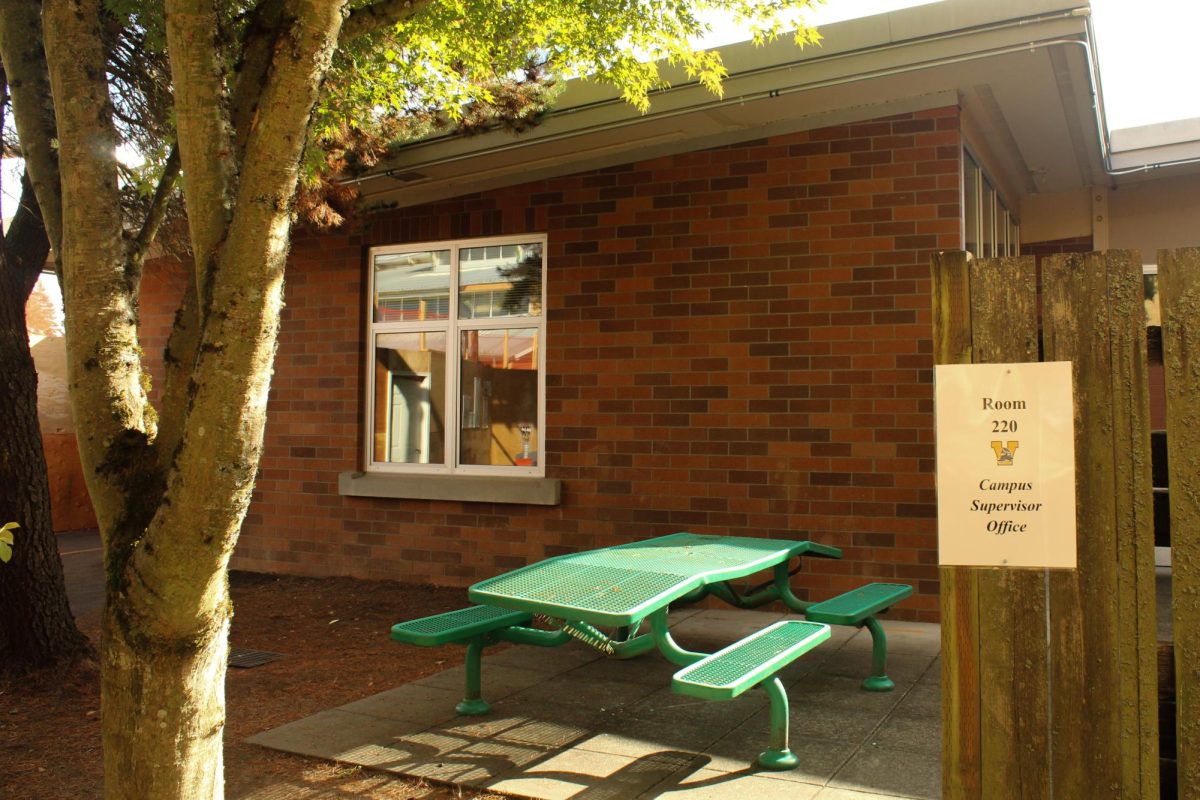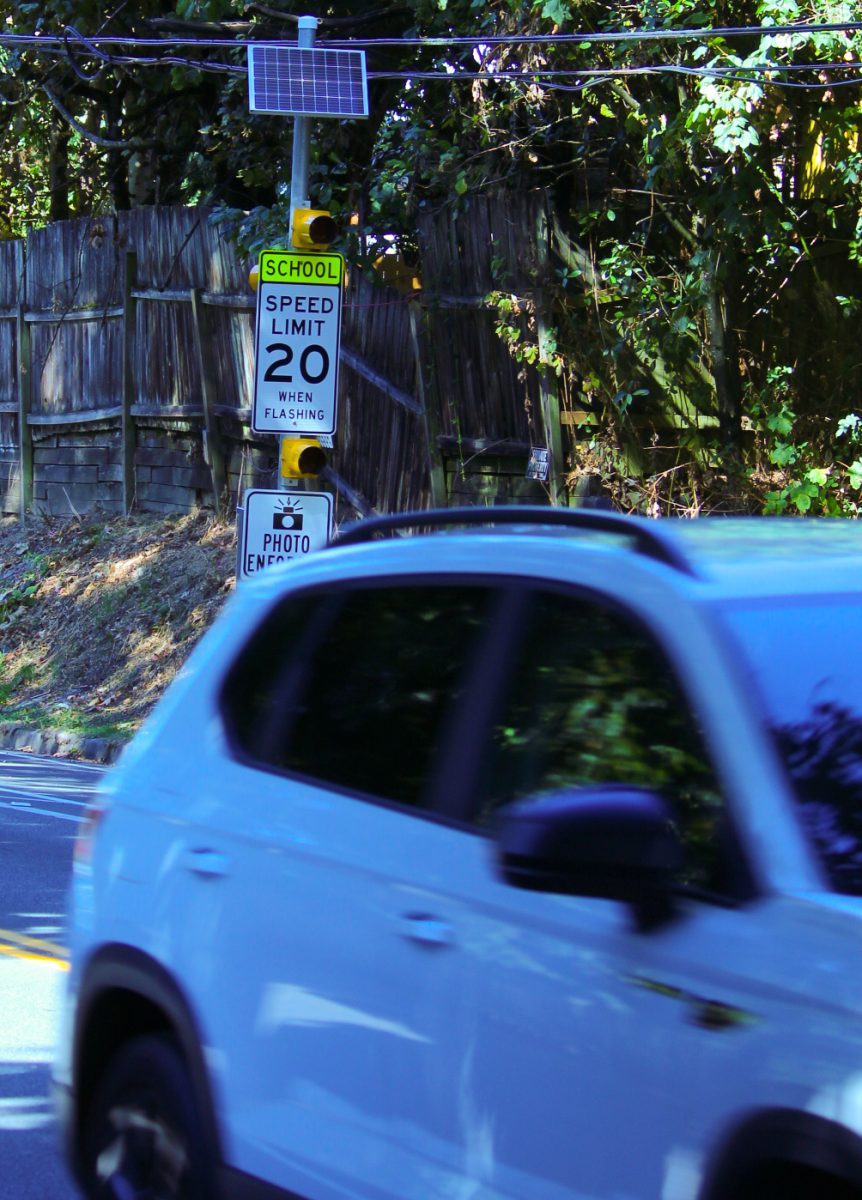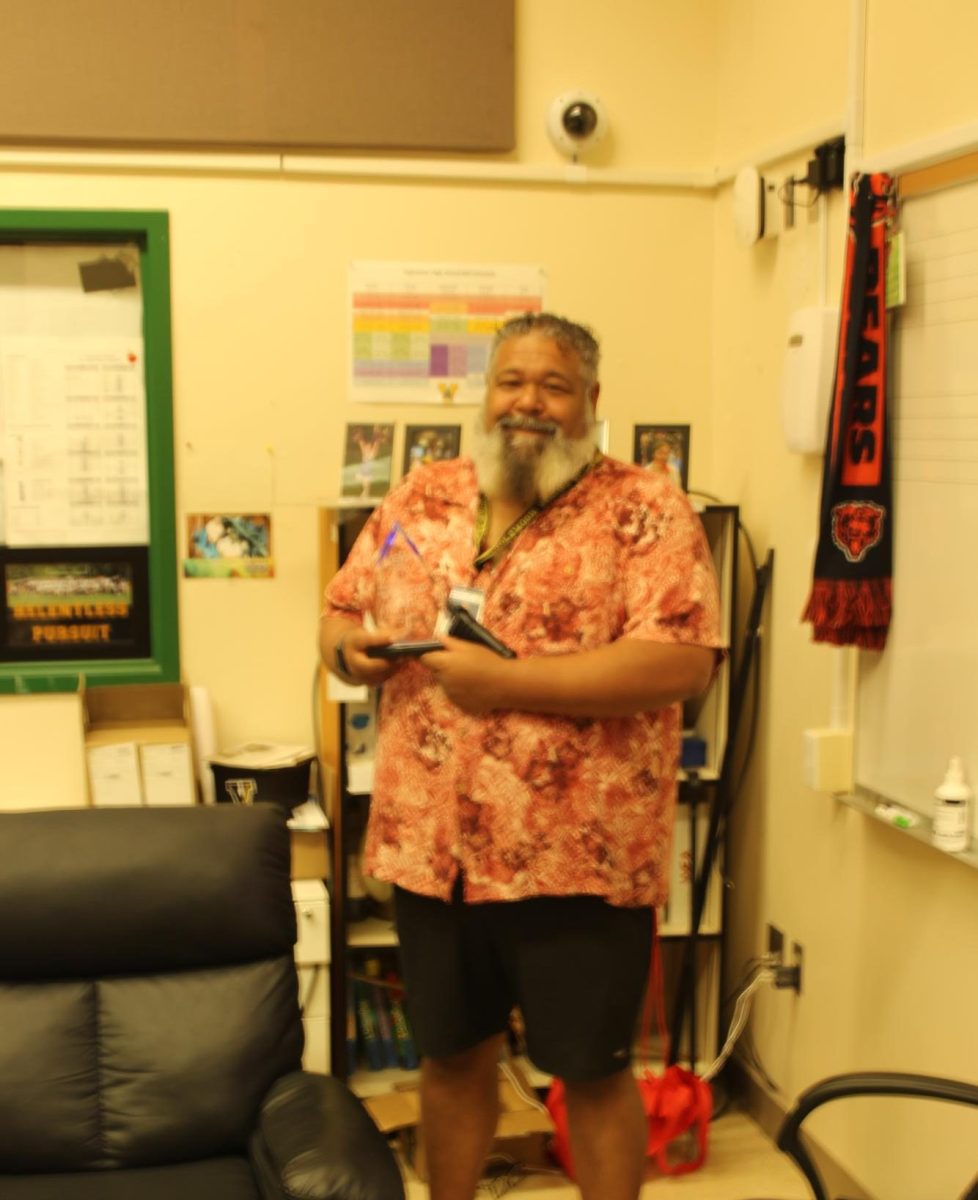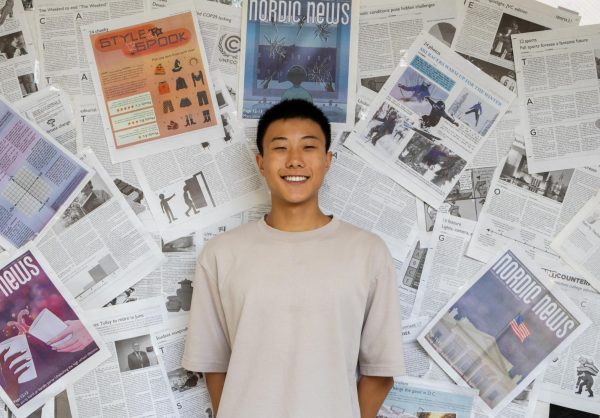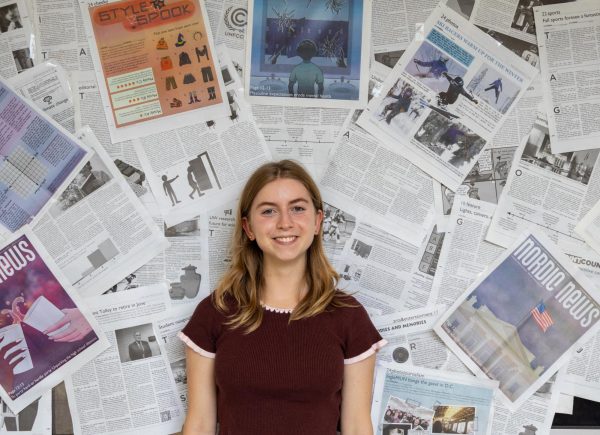After more than two decades of funding difficulties, Seattle’s Pacific Science Center — a hub for education and a well-known field trip destination — continues to face an unstable financial position due to a decline in tourists of the Seattle area and a two-decade-long profit deficit.
Many NSD elementary school students take field trips to PacSci as a part of their science curriculum. However, PacSci’s systemic funding difficulties have shaken its role as an important science education center in the Seattle community and its ability to thrive in the post-COVID era.
These funding difficulties began during the 2008 economic recession, which diverted much of PacSci’s funding sources, including over $1 million provided by the state legislature. Despite their lack of funds during the recession, PacSci continued to run its full programming schedule. However, some programs, exhibits and initiatives were not fully funded, causing PacSci’s board to fall into severe debt. By the end of 2014, PacSci owed nearly $10 million, and its board of directors had dipped into its endowment fund to evade a financial crisis.
“At the end of 2015, we had $10 million in debt with no plans for repaying it, and we had lost momentum with financial supporters, individuals, corporations, foundations and the government,” Will Daugherty (he/him), President and CEO of PacSci since 2015, said. “What we had to do was strengthen the operation, get expenses in line, invest in those programs that were going to make us relevant and help serve the community. Make a better case to the community for donating and figuring out how to get out of debt.”
Ultimately, PacSci was able to pay off the debt by selling the land on which their parking garage was located, but they met the same funding difficulties after the COVID-19 pandemic.
“There are some institutions that have to cease operations because they can’t make the economics work, but we’re determined to avoid that outcome. But we do have to adapt,” Daugherty said. “There have been some programs that we’ve had to reduce. There have been some programs that we had to stop entirely.”
PacSci’s revenue has fallen dramatically from the decline in tourists visiting Seattle, especially from Canada. Tourism was first disrupted by the pandemic and is now being impacted by changing economic and immigration policies towards foreign countries.
“What’s affecting us really is the decline in Canadian visitors. Canadian visitation has dropped very significantly — more than 50%,” Daugherty said. “The entire hospitality, tourism, cultural sector is going to take a big business hit as a result of this. Normally, when the Toronto Blue Jays come to play the Mariners, the stadium fills up with fans from Canada. It’s not going to be like that this year.”
PacSci is exploring new funding options. In addition to donation drives and excess property sales, the center is working with the county and state government to reestablish funding sources through the King County Parks levy — a fund composed of property taxes from citizens living in King County. Citizens will determine the results and vote on this levy on Aug. 5.
“We’ve just gotten some new funding from King County that we worked on for a long time. We’ve just been added to the King County Parks Levy,” Daugherty said. “If the voters pass that in August, we’ll get some more funding.”
As PacSci works through funding difficulties, Daugherty said it still aims to educate people through its exhibits and activities. The center offers a flagship program called “Science on Wheels” that primarily operates throughout Washington state and aims to fill gaps in the state’s education system, especially in underserved areas. Daugherty said that instead of being just a fun place for children to play, he hopes the center can also be viewed as a highly educational experience for everyone. One of his biggest goals is to educate people about the work that PacSci is actually doing.
“Another issue to this challenge for us is that there are a lot of wealthy people here who care about investing in educational programming, but they don’t see the Science Center as being an institution that’s focused on educational programming,” Daugherty said. “And so for someone who cares a lot about educational equity for underserved youth, Science Center is doing that work, but we don’t have the reputation for doing that work.”
Alongside their initiatives to gain more sponsors, PacSci is looking to improve the efficiency of their land usage, since they have more land than they can take care of sustainably. In an attempt to avoid shutting down any of PacSci’s programs, Daugherty is hoping to sell or lease unused land to cover some of the funding.
“If all of that doesn’t work, then we just have to do fewer things, and the worst case is we have to stop. But that’s what we are determined to avoid,” Daugherty said. “Our mission, consistent with the spirit of innovation, consistent with science, is all about experiments. We run experiments to find ways to serve, even if it means we have to do things differently.”



